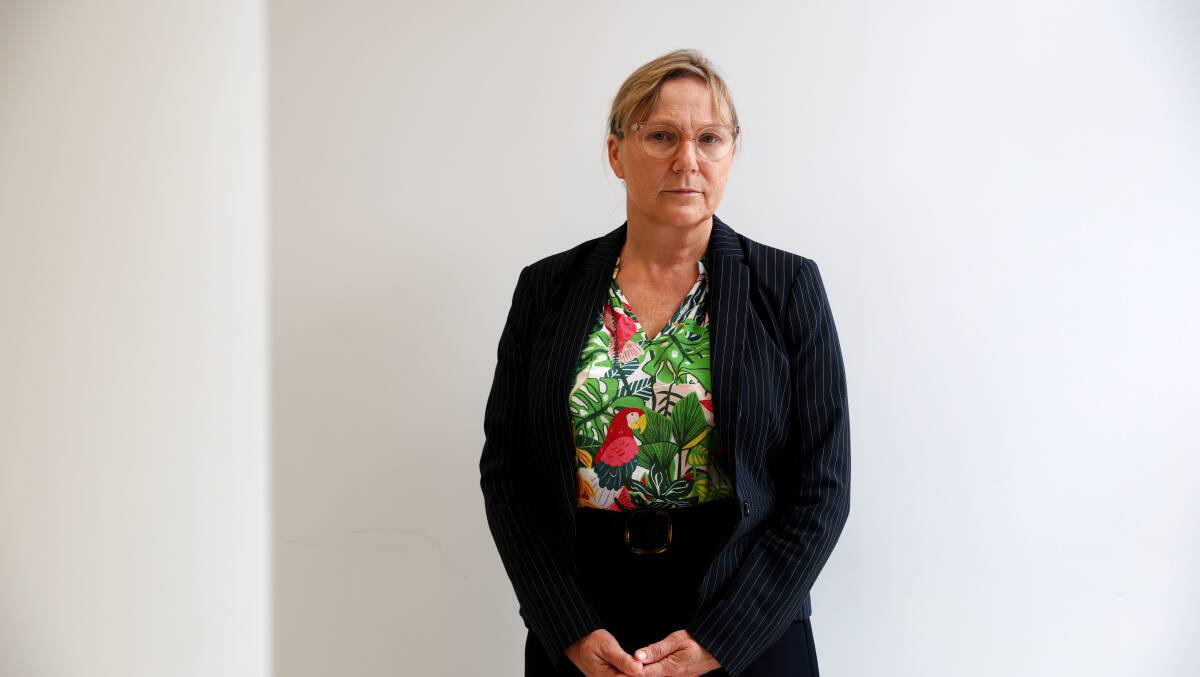
About 120 Illawarra and Shoalhaven residents get pancreatic cancer every year - and sadly for the vast majority of these patients, their diagnosis is fatal.
Subscribe now for unlimited access.
or signup to continue reading
But leading Australian pancreatic cancer expert Professor Lorraine Chantrill says a new clinical trial she hopes to run in the region from early next year could offer new hope for patients who get this devastating diagnosis.
Working with the GI Cancer Institute charity, the Wollongong doctor is urging people to help fund a local version of a UK-based trial which would help Illawarra patients access a highly sophisticated treatment where their cancer is analysed on a molecular level.
Called the PemOla trial, the study would test a new treatment for pancreatic cancer patients who have tumours with a high number of genetic mutations.
"What we're going to do is we're going to take these patients and screen their cancer by doing this molecular profiling, pick out those people with the high tumour mutation burden and give them this new treatment on this trial," Prof Chantrill said.
"I think that we're pretty close to being able to open this trial early in 2024 as long as we get sufficient funding - our goal is to raise in the order of about $800,000.
"We have some money already, but would like to raise more money from the community to completely fund this study so that it can be made available for more people across our large country."
The trial will be done at a number of sites across Australia, including Wollongong, thanks to Prof Chantrill's role and her work in the Illawarra Shoalhaven Local Health District.
"This would mean that Illawarra patients will get access to molecular analysis of their pancreatic cancer, and then a very highly sophisticated treatment if their cancer proves to be eligible for this trial," Prof Chantrill said.
'We would like to see more people being diagnosed earlier'
As part of the GI Cancer Institute and the first female chair of the Australasian gastrointestinal trials group, Prof Chantrill is also keen to increase awareness of pancreatic cancer and its symptoms.
"Unfortunately, pancreatic cancer is becoming a common cancer," she said.
"It used to be a rare cancer and then an uncommon one, and now it's moving into the common space and it affects more than 4000 Australians each year.
"The problem is the vast majority of those people will die of their cancer."
She said this was because pancreatic cancer was usually detected late, as it had non-specific or minimal symptoms.
"It tends to have very non-specific symptoms like abdominal pain, weight loss, sometimes a change in bowel habit, but sometimes it has no symptoms at all until it's spread and then people are quite sick with advanced cancer," she said.
"This means it can be a very devastating diagnosis, so we would like to see more people being diagnosed earlier."
She said people with any of the above symptoms should seek medical attention, and should also get checked if they develop diabetes when they don't have other risk factors or, if they already have diabetes, it suddenly goes out of control.
"We really want people to be diagnosed early because if they are, they then can have surgery which has a much higher rate of cure," she said.


